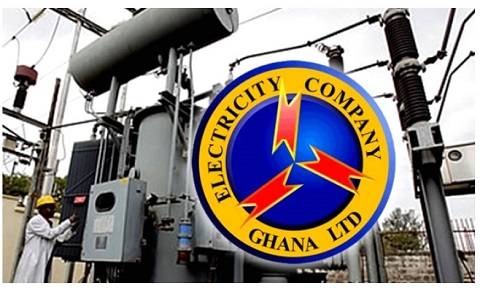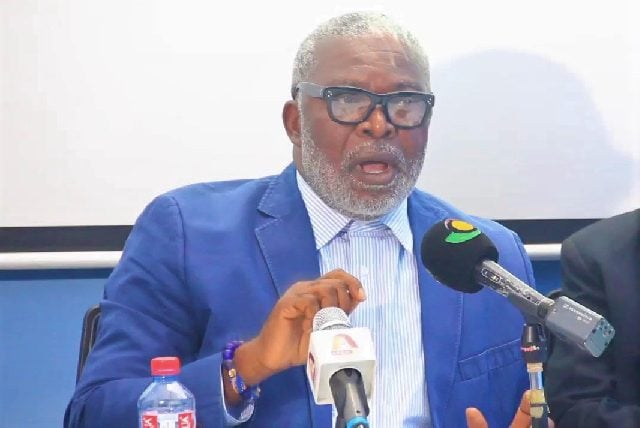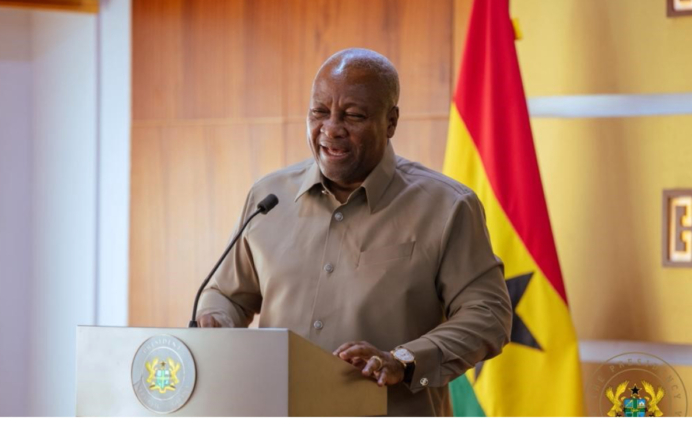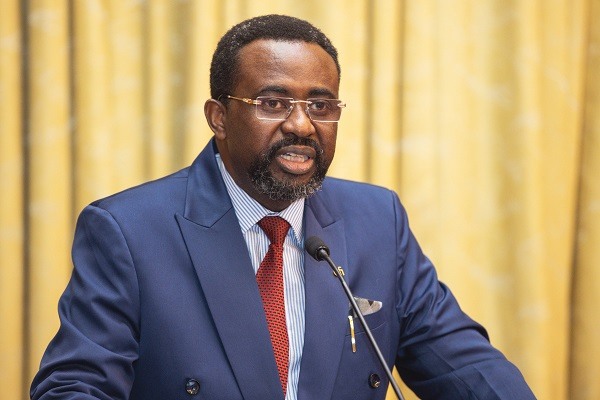Ghana’s largest power distributor is seeking a dramatic increase in tariffs, citing financial pressures and the need for infrastructure upgrades.
The Electricity Company of Ghana (ECG) has submitted a proposal to the Public Utilities Regulatory Commission (PURC) requesting a 225% hike in its Distribution Service Charge (DSC1), a key component of the electricity tariff that covers the cost of delivering power to homes and businesses.
If approved, the charge would rise from GHp19.0384 per kilowatt-hour to GHp61.8028 for the 2025–2029 tariff period.
ECG, which supplies electricity to over 4.8 million customers—roughly 73% of Ghana’s population—warns that without the increase, its operations could face collapse. The company says its current tariff levels are far below global benchmarks and no longer reflect the true cost of service delivery.
“Distribution charges currently make up just 11% of the total electricity value chain cost, compared to the international norm of 30% to 33%,” ECG said in a statement. The company also pointed to the sharp depreciation of the Ghanaian cedi—approximately 74% between 2022 and 2024—which it says has slashed the real value of its revenues by nearly half.
The proposed tariff increase would support ongoing investments in grid infrastructure, smart metering, and digital services aimed at improving reliability and customer satisfaction. ECG has already spent $408 million since 2022 on substation upgrades, automation systems, and the installation of over one million smart meters.
Under the new plan, ECG says it expects to see measurable gains in service reliability. The System Average Interruption Duration Index (SAIDI)—a common industry metric—would fall from 32.5 hours annually in 2024 to 19.2 hours by 2029. Likewise, the frequency of outages, measured by the SAIFI, would drop from 16 to 9.
The company also aims to cut distribution losses from 27% to 22% and increase its revenue collection rate from 87% to above 90% over the same period.
As part of its modernization efforts, ECG plans to roll out an additional three million smart meters to enhance billing accuracy and curb electricity theft. Faulty meters will be replaced at no cost to customers, and customer support infrastructure will be upgraded to speed up complaint resolution and stabilize voltage levels.
ECG has also pushed its mobile platform—the ECG Power App—as a tool for consumers to manage usage and payments remotely.
The company argues that a cost-reflective tariff will help reduce reliance on state subsidies, freeing up government funds for other pressing national needs.
The PURC, which regulates Ghana’s utility rates, will now review the proposal and hold public consultations before issuing a decision. No changes will take effect until the Commission completes its process and formally announces any adjustments.














